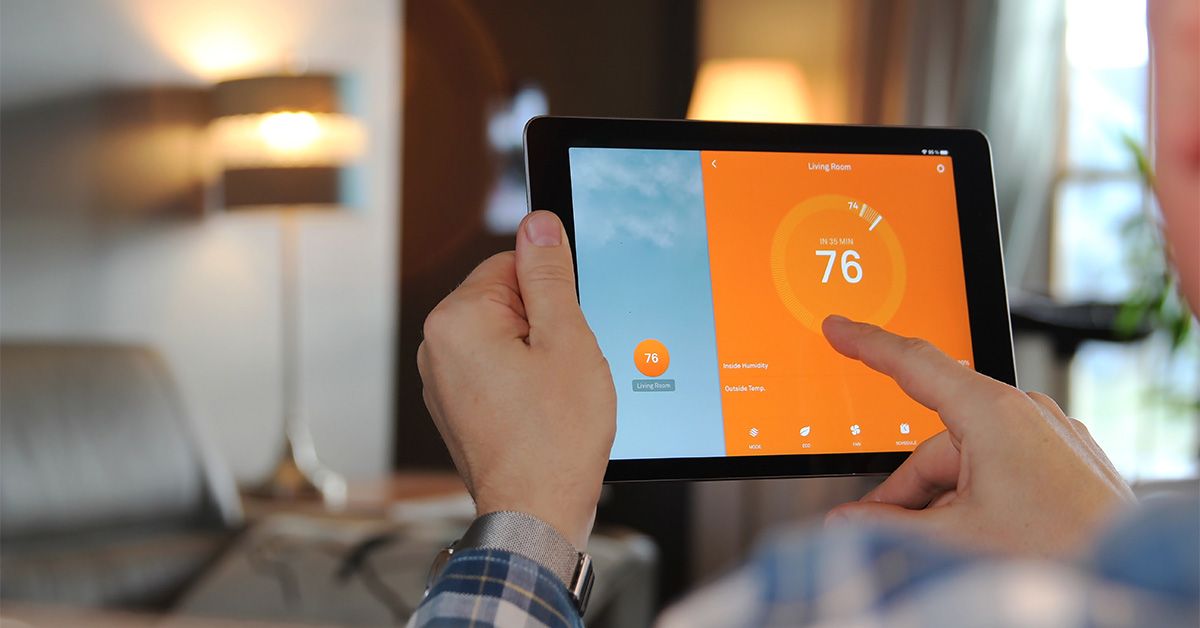Energy-Efficient Cooling Solutions for Tallahassee Homes

Tallahassee is known for its warm and humid climate, especially during the summer months. While this climate can be great for outdoor activities, it can also lead to high energy bills as homeowners rely on their air conditioning (AC) systems to stay comfortable. Fortunately, there are energy-efficient cooling solutions available that can help reduce your energy bills while keeping your home cool and comfortable.
Choosing the Right AC System
The first step in achieving energy-efficient cooling is selecting the right AC system for your home. Modern AC systems come in various types, including central air conditioners, heat pumps, and ductless mini-split systems. Each has its advantages, and the choice largely depends on your specific needs and budget.
Central Air Conditioners: These are the traditional AC systems that cool the entire home through a network of ducts. They are efficient when properly sized and maintained, making them a good choice for larger homes.
Heat Pumps: Heat pumps are versatile because they can both cool and heat your home. They are highly efficient, especially in milder climates like Tallahassee’s.
Ductless Mini-Split Systems: These systems are ideal for smaller homes or for cooling specific areas. They offer zoning capabilities, allowing you to cool only the rooms you’re using, which can lead to significant energy savings.
SEER Ratings and Efficiency
When shopping for an AC system, pay attention to its SEER (Seasonal Energy Efficiency Ratio) rating. The SEER rating indicates how efficiently the system uses electricity to cool your home. In general, higher SEER ratings mean greater energy efficiency. For Tallahassee’s climate, it’s advisable to choose a system with a SEER rating of 14 or higher to strike a balance between efficiency and cost.
Programmable and Smart Thermostats
Once you’ve installed an energy-efficient AC system, the next step is to maximize its performance. Programmable and smart thermostats are valuable tools in achieving this goal. They allow you to set temperature schedules that align with your daily routine. For example, you can program your thermostat to raise the temperature when you’re away at work and lower it just before you return home.
Smart thermostats take this a step further by learning your preferences and adjusting settings automatically. They can also be controlled remotely via a smartphone app. This means you can change the temperature from anywhere, ensuring that you’re not cooling an empty house.
Proper Sizing and Installation
No matter how efficient your AC system is on paper, it won’t perform optimally if it’s not correctly sized and installed. Oversized units tend to short-cycle, which means they turn on and off frequently, wasting energy. Undersized units, on the other hand, may struggle to cool your home adequately.
To ensure the right fit, consult with a professional HVAC technician. They will perform a load calculation to determine the ideal system size for your home. Moreover, professional installation is crucial to guarantee that the system operates at its peak efficiency.
Regular Maintenance for Efficiency
To maintain energy-efficient cooling, it’s essential to perform regular maintenance on your AC system. Here are some key maintenance tasks:
- Clean or Replace Filters: Dirty filters restrict airflow, making your AC system work harder. Clean or replace filters every 1-3 months, depending on usage.
- Clean Coils: Dirty evaporator and condenser coils reduce the system’s ability to transfer heat efficiently. Have a technician clean them annually.
- Check Refrigerant Levels: Low refrigerant levels can lead to reduced efficiency. A professional technician can check and top up refrigerant levels as needed.
- Inspect Ductwork: Leaky or poorly insulated ducts can result in significant energy loss. Ensure your ducts are well-maintained and properly sealed.
Energy-Efficient Tips for Homeowners
In addition to investing in energy-efficient equipment and practices, there are several other steps homeowners can take to reduce their cooling costs in Tallahassee:
- Use Ceiling Fans: Ceiling fans can help distribute cool air more evenly, allowing you to set your thermostat a few degrees higher while maintaining comfort.
- Close Blinds and Curtains: Direct sunlight can quickly heat up your home. Keep blinds or curtains closed during the hottest parts of the day to reduce solar heat gain.
- Seal Air Leaks: Inspect your home for air leaks around windows, doors, and ducts. Seal any gaps to prevent cooled air from escaping and warm air from entering.
- Use Natural Ventilation: On cooler days or evenings, turn off the AC and open windows to let in fresh air. This can give your AC system a break and reduce energy consumption.
Staying cool in Tallahassee’s hot and humid climate doesn’t have to come at the cost of skyrocketing energy bills. By selecting the right AC system, using programmable or smart thermostats, ensuring proper sizing and installation, implementing zoning strategies, and conducting regular maintenance, homeowners can enjoy efficient cooling while keeping energy consumption and costs in check. Additionally, adopting energy-saving practices and taking advantage of incentives can further enhance the energy efficiency of your home’s cooling system. With these steps, you can beat the heat without breaking the bank.